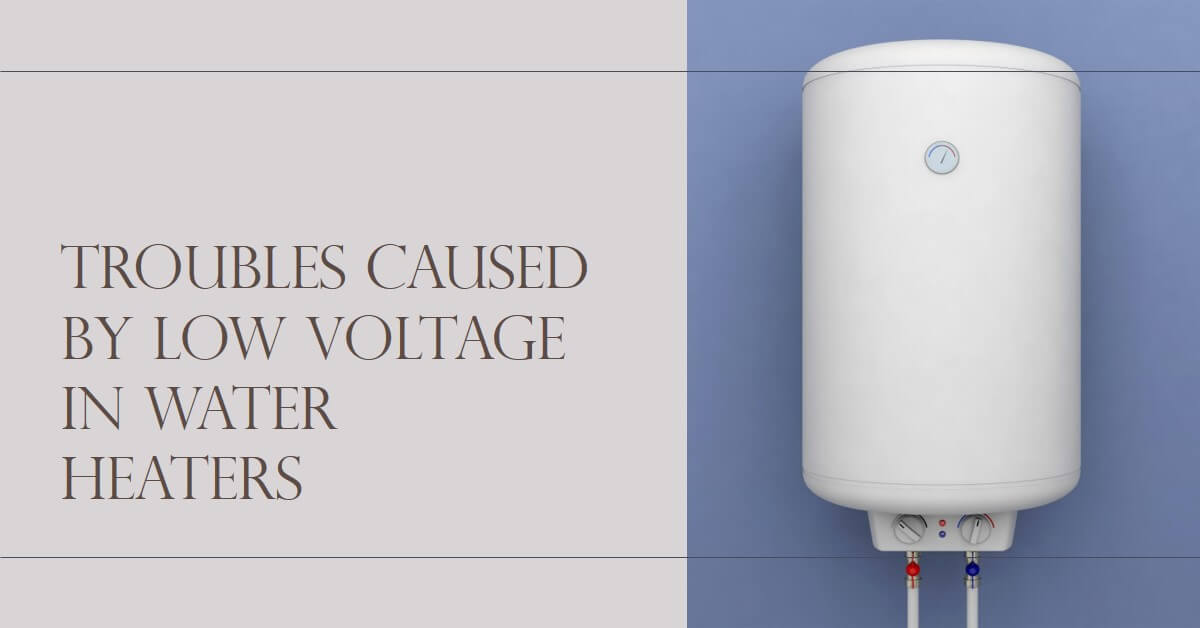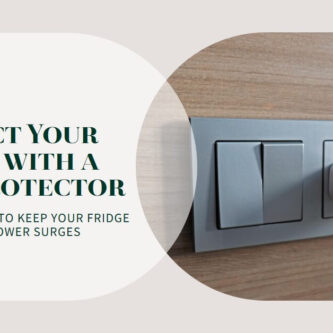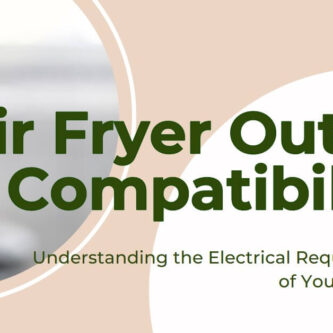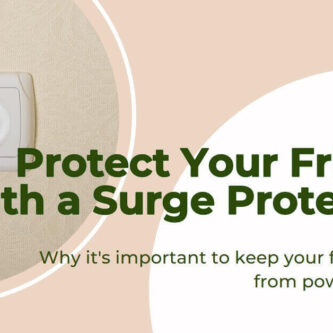Image: “Article Feature Image” by Bing is licensed under [CC BY-NC-SA 4.0]. Source: Bing Graphic Art.
Electric water heaters are essential appliances that provide hot water for various purposes in our daily lives.
They rely on a consistent and appropriate voltage supply to efficiently heat water. However, when the voltage drops below the required level, it can have a significant impact on the performance and functionality of electric water heaters.
Low voltage negatively affects electric water heaters by decreasing heating performance, prolonging heating time, leading to an insufficient hot water supply, potentially damaging heating elements, and increasing energy consumption.
In this article, we will explore the effects of low voltage on electric water heaters, factors contributing to low voltage, signs of low voltage, and preventive measures to maintain optimal performance.
Understanding Voltage
Voltage is the electrical potential difference that determines the flow of electricity in a circuit. It is typically measured in volts (V).
For electric appliances, including water heaters, a specific voltage level is required for proper operation.
In the United States, standard household voltage is 120 volts, while larger appliances may require 240 volts.
Electric Water Heater Basics
Electric water heaters consist of heating elements, a thermostat, and a tank to store and heat water.
When the voltage is at the appropriate level, the heating elements convert electrical energy into heat, raising the temperature of the water stored in the tank.
This ensures a ready supply of hot water when needed. However, low voltage can disrupt this process and hinder the heater’s performance.
Effects of Low Voltage on Electric Water Heaters
- Decreased heating performance: Low voltage causes a reduction in the heating power of the elements, leading to slower heating and inadequate hot water supply. The water heater may struggle to reach the desired temperature, resulting in lukewarm or cold water.
- Longer heating time: With low voltage, the heating elements take longer to heat the water, increasing the time required for the tank to reach the desired temperature. This can be inconvenient, especially during peak usage times when quick hot water availability is essential.
- Insufficient hot water supply: The decreased heating performance and longer heating time may result in an insufficient supply of hot water. This can be particularly problematic for households with high water demand or multiple users relying on the water heater simultaneously.
- Potential damage to heating elements: Low voltage can cause excessive strain on the heating elements, leading to their premature failure or damage. This can result in costly repairs or the need for replacement parts.
- Increased energy consumption: When electric water heaters operate at low voltage, they may require longer heating cycles to compensate for the reduced heating power. This prolonged operation can lead to increased energy consumption, resulting in higher utility bills.
Read also my article: The Shocking Impact: How Overvoltage Damages Electrical Equipment.
Factors Contributing to Low Voltage
Several factors can contribute to low voltage in electric water heaters:
- Electrical grid issues: Inadequate power supply from the electrical grid, such as voltage drops or fluctuations, can affect the voltage reaching the water heater.
- Wiring problems: Faulty or insufficient wiring, loose connections, or damaged cables can lead to voltage loss along the electrical circuit, resulting in low voltage at the water heater.
- Overloaded circuits: Overloading a circuit with multiple high-power appliances simultaneously can cause voltage drops, affecting the performance of the water heater.
- Faulty voltage regulators: Malfunctioning voltage regulators or transformers can result in inconsistent voltage supply to the water heater.
- Distance from power source: Water heaters located far from the electrical panel or power source may experience voltage drops due to the resistance of long electrical wiring.
Signs of Low Voltage in Electric Water Heaters
Recognizing the signs of low voltage can help identify potential issues with electric water heaters:
Inconsistent water temperature:
If the water temperature fluctuates excessively or fails to reach the desired temperature, it could indicate low voltage affecting the heater’s performance.
Slow heating process:
If the water takes significantly longer to heat up than usual, it suggests low voltage is slowing down the heating elements’ performance.
Tripped circuit breakers:
Frequent tripping of circuit breakers, specifically the one connected to the water heater, may indicate low voltage or an electrical overload issue.
Dimmed display or indicator lights:
If the water heater’s display or indicator lights appear dimmer than usual, it could be a sign of insufficient voltage reaching the appliance.
Unusual noises or vibrations:
Low voltage can cause the water heater’s components to function improperly, resulting in strange noises or vibrations during operation.
This article also may be a good one for you to get in-depth information: Don’t Let Voltage Drops Damage Your Microwave.
Testing and Diagnosing Low Voltage
To determine if low voltage is affecting your water heater, follow these steps:
- Using a voltmeter to measure voltage: Connect a voltmeter to the power supply line feeding the water heater and measure the voltage. Compare the reading with the recommended voltage for your specific water heater model.
- Troubleshooting common issues: Check for wiring problems, loose connections, or overloaded circuits. Ensure the electrical panel and voltage regulators are functioning correctly.
Preventive Measures and Solutions
To mitigate the effects of low voltage and maintain optimal performance of your electric water heater, consider the following preventive measures:
- Regular maintenance and inspection: Schedule periodic maintenance and inspections of your water heater to identify and address any potential issues before they become major problems.
- Upgrading electrical infrastructure: If your home’s electrical system is outdated or insufficient, consider upgrading it to ensure adequate voltage supply for all appliances, including the water heater.
- Installing voltage stabilizers or surge protectors: These devices can help regulate and stabilize voltage levels, protecting the water heater from voltage fluctuations and ensuring consistent performance.
- Seeking professional assistance: If you’re experiencing persistent low voltage issues or if you’re uncertain about diagnosing and resolving the problem yourself, consult a qualified electrician or water heater technician for assistance.
Conclusion
Maintaining the proper voltage supply is crucial for the efficient operation of electric water heaters.
Low voltage can significantly impact their heating performance, resulting in longer heating times, inadequate hot water supply, potential damage to components, and increased energy consumption.
By understanding the effects of low voltage, recognizing the signs, and implementing preventive measures, you can ensure your electric water heater operates optimally, providing a reliable supply of hot water for your everyday needs.
you work With Electricity! Don’t leave empty-handed!
Looking to stay ahead of the game in the world of electrical engineering? Subscribe to my YouTube channel and gain access to exclusive content you won’t find anywhere else!
The staff I recommend (Amazon Affiliate Links to products I believe are high quality):
- Economy 120 Volt/60Hz AC Power Source – Step-Down Voltage & Frequency Converters 1800W
- UNI-T Digital Multimeter Tester UT139C
- 50-Amp Extension Cord for RV “100ft”
- Voltage Stabilizer 110/220v
- Hair Dryer “best selling“
- TOSHIBA EM131A5C-BS Countertop Microwave Ovens
Disclaimer: This contains affiliate links to Amazon products. I may earn a commission for purchases made through these links.





